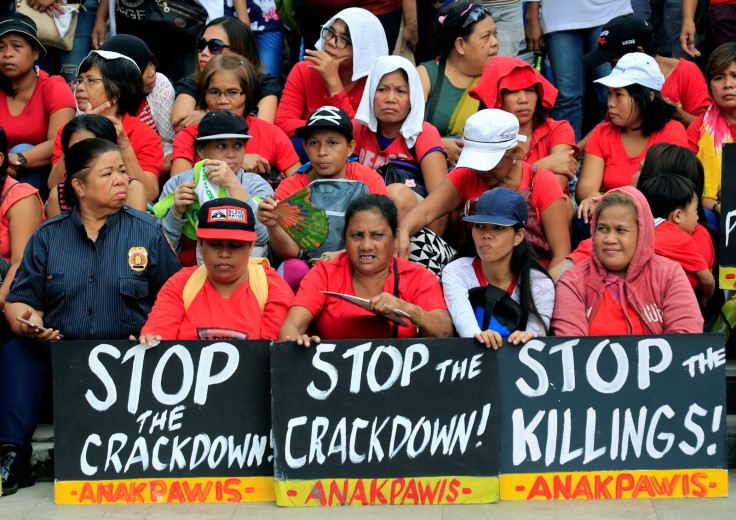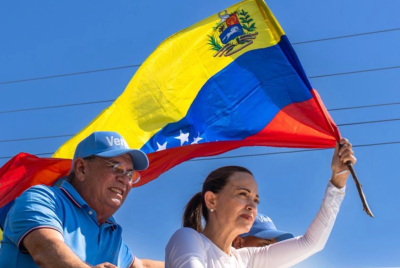Has Duterte just threatened to impose martial law throughout Philippines?
When asked whether he would impose a nationwide martial law to combat terror, the Phillipines president said "all options are on table".
"All options are on the table" — this was the crisp response from the Philippines President Rodrigo Duterte when asked whether he would extend martial law throughout the country, which has a grim past under the dictatorship of strongman, Ferdinand Marcos in 1970s.
The firebrand Filipino president was speaking to reporters on Wednesday (13 December) in the wake of the recent Congress' approval of his request to extend martial in the southern Mindanao region to combat who he called "Islamic and communist terrorists".
Duterte has made it clear that his decision to impose a nationwide martial law would be influenced by inputs from the military regarding security threats posed against the southeast Asian nation. He warned the extremists that an aggressive campaign by the military would force him to declare the emergency measure across the Philippines.
"If the NPA [New People's Army] say they are recruiting in mass numbers and they create trouble and they are armed and about to destroy government, the government will not wait until the dying days of its existence," said the president. He was referring to the outlawed group, NPA, which he labelled as a "terrorist organisation" this year.
"To what extent, what level of atrocities, attacks, it is not for me to say that. It is for the Armed Forces and the police," added Duterte.
Duterte's critics have expressed concerns that the extension of martial law could be a prelude for a similar nationwide crackdown but the government has denied these accusations.
"So I don't think there's been any legal basis for the fears of many that there will be the return of dictatorial rule. Neither has there been any systematic or gross violations of human rights so far," said Duterte's spokesman, Harry Rogue, clarifying Duterte's initial remarks about the possibility of a nationwide martial law.
"This is not the same martial law that we had in 1972. Courts remain functioning, Congress remains existing, the Bill of Rights and the Constitution is enforced," added the presidential spokesman.
Originally in May 2017, a 60-day martial law was implemented in Mindanao, home to about 22 million people, to combat rising insurgency. It was later extended until December 2017 and then again extended for a year until 2018.
During the five-month-long military campaign carried out by the Filipino government, Marawi, a Muslim-majority city, witnessed more than 1,000 people, mostly extremists, losing their lives and over 200,000 residents being displaced.






















